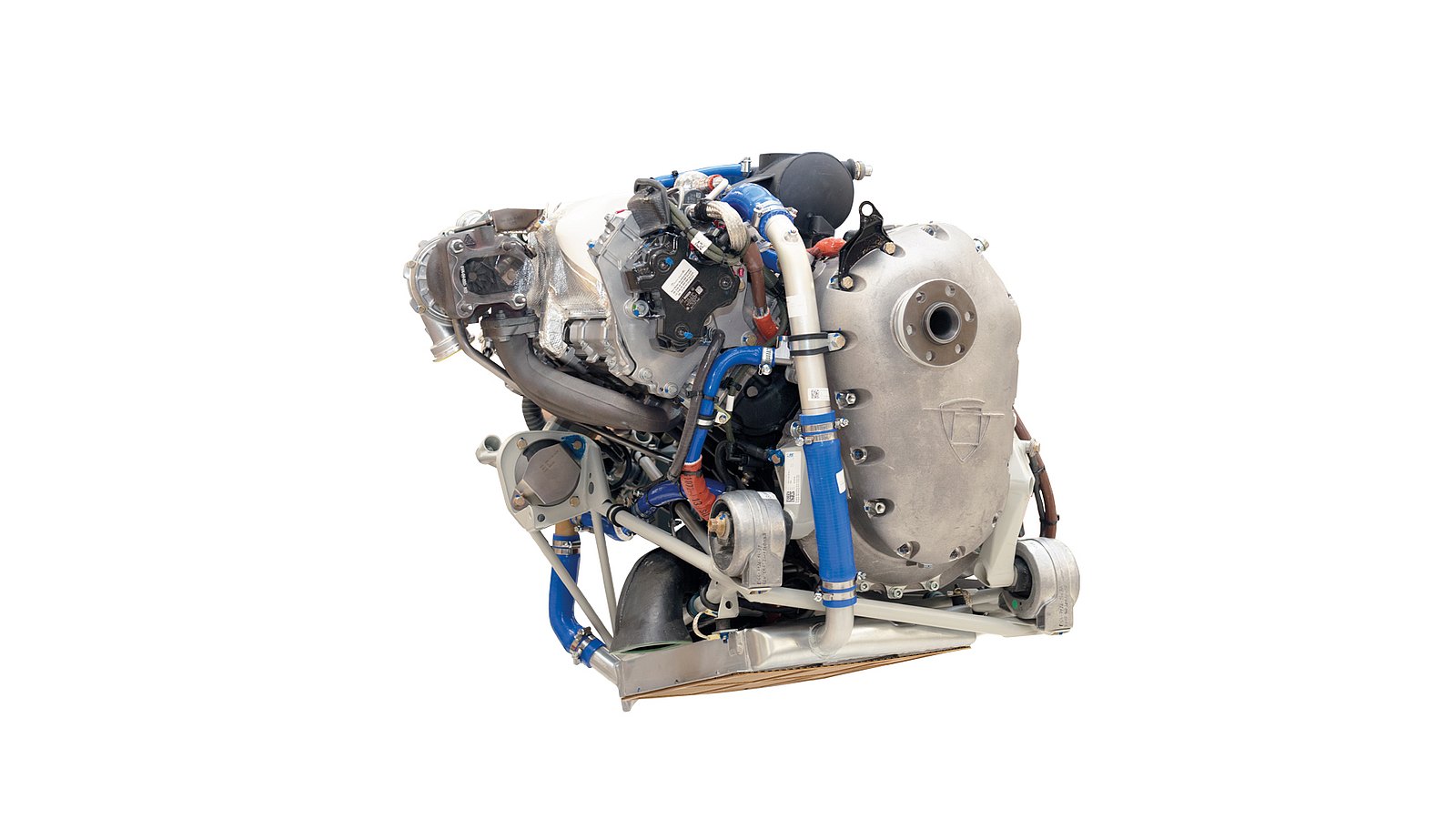A Full Overview to Picking the Right Engine for Your Job
Selecting the suitable engine for your task is a vital decision that can dramatically influence its general success. It is crucial to diligently define your task needs, assess efficiency requirements, and think about user-friendliness along with various other essential elements. Additionally, understanding the neighborhood assistance readily available and looking at price ramifications can further improve your selection. Each of these aspects plays a pivotal duty in ensuring that your picked engine not only meets instant purposes but likewise straightens with long-term aspirations. As we discover these considerations, you might locate that the nuances of each facet expose greater than initially prepared for.
Specify Your Project Requirements
Specifying your project needs is a crucial step in picking the proper engine for effective implementation. A comprehensive understanding of your task's objectives will direct you in identifying the capacities and functions required from an engine. Begin by describing the range of your task, including the preferred performance, target audience, and the details results you intend to accomplish.
Next, consider the technological needs that align with your project objectives. This consists of evaluating the compatibility of the engine with existing systems, along with the programming languages and frameworks that will be made use of. Furthermore, evaluate the degree of scalability needed to accommodate future development or changes in demand.
Budget restraints likewise play a vital duty in defining your job needs. Develop a clear monetary structure to direct your decision-making procedure, guaranteeing that the engine selected fits within your spending plan while giving the necessary functionality.
Evaluate Performance Demands

Engines that sustain straight scaling are typically more effective for larger applications. Furthermore, assess the engine's efficiency under different conditions, such as peak use circumstances, to ensure it meets your integrity requirements.
Think About Convenience of Usage
While technological requirements are essential, the ease of use of an engine can dramatically influence the growth procedure and general job success. An instinctive interface, clear documents, and streamlined workflows can dramatically lower the learning contour for programmers, allowing them to focus on creative thinking and analytic instead of facing facility devices.
When evaluating an engine's ease of use, think about the onboarding experience. A well-structured intro, complete with tutorials and sample jobs, can assist in a smoother shift for new individuals. Furthermore, the quality and comprehensiveness of the engine's documents play a crucial function; detailed overviews and API references can empower programmers to fix and execute features successfully.
An additional aspect to think about is the engine's personalization capabilities. An engine that permits simple alterations can be extra straightforward, as designers can customize it to fit their details requirements without considerable trouble. Examine the process assimilation with tools and systems you currently utilize. A cohesive ecosystem can enhance efficiency and reduce rubbing during the development procedure. Inevitably, selecting an engine that focuses on simplicity of use can bring about a much more efficient and pleasurable growth experience.
Assess Community and Support
The toughness of an engine's neighborhood and support network can significantly influence a designer's experience and success. When evaluating an engine, think about the dimension and task degree of its neighborhood.
Furthermore, evaluate the accessibility of official support channels. Dependable documents, responsive customer support, and normal updates are important for attending to technical problems and maintaining your job on track. Engines For Africa. Energetic neighborhoods additionally foster cooperation, offering opportunities for networking and responses, which can be very useful, specifically for small teams or independent designers
In addition, explore the visibility of community-run events, such as meetups or hackathons. These see events can improve your understanding of the engine while connecting you with prospective collaborators and seasoned users. In summary, a durable neighborhood and assistance use this link system not only enhance growth however additionally develop a setting helpful to learning and innovation, ultimately boosting the possibility of your job's success.
Contrast Cost and Licensing Choices
Budget plan considerations play a vital function in picking the appropriate engine for your job, as the cost and licensing alternatives can dramatically affect both temporary costs and long-lasting viability. Engines For Africa. Various engines provide varying prices frameworks, which can consist of single acquisition costs, registration versions, or revenue-sharing arrangements based upon your job's profits

Certifying options also differ considerably. Some engines are open-source, providing adaptability and community-driven support, while others might require exclusive licenses that restrict use and distribution. Understanding the effects of each licensing design is important, as it affects possession rights, future scalability, and possible lawful responsibilities.
Verdict
In final thought, picking the proper engine for a job requires an extensive examination of specified job demands, efficiency demands, simplicity of use, area assistance, and cost factors to consider. By systematically dealing with these essential factors, decision-makers can make certain positioning with both existing and future project needs. An educated selection ultimately enhances the likelihood of project success, enabling reliable source allowance and maximizing possible outcomes within the specified monetary restraints.
Selecting the proper engine for your job is an essential decision that can considerably affect its general success.Specifying your job requires is a vital action in official site selecting the ideal engine for effective application. A thorough understanding of your project's goals will lead you in identifying the functions and capabilities needed from an engine.When you have a clear understanding of your task needs, the next step is to evaluate the performance needs of the engine.In verdict, picking the appropriate engine for a project demands a detailed analysis of defined task requirements, efficiency needs, simplicity of use, area assistance, and expense factors to consider.